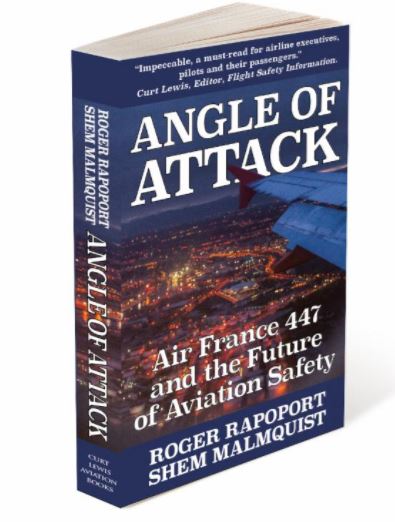[ad_1]
More to follow, but this is a teaser for an upcoming article:
Pilot Error?
It is exceedingly easy (and a lot less cognitive work) to just capture the hindsight bias (a type of confirmation bias, really) aspects and say “that guy screwed up”. Perhaps you can simplify it to that, but at the very least, that does NOTHING to prevent a future occurrence. It just makes you feel good as you walk away thinking “that won’t happen to me because I (fill in the blank)”. Not so easy to actually take a hard look at it. In a talk I gave on a related topic recently, I quoted Sidney Dekker on hindsight bias. I see these factors playing often into discussions following an aircraft accident. Here is what I said:
Sidney Dekker (2007) elaborates on the problem of hindsight bias, stating it will:
· oversimplify causality (“this led to that”) because we can start from the outcome and reason backwards to presumed or plausible “causes;”
· overestimate the likelihood of the outcome (and people’s ability to foresee it), because we already have the outcome in our hands;
· overrate the role of rule or procedure “violations.” While there is always a gap between written guidance and actual practice (and this almost never leads to trouble), that gap takes on causal significance once we have a bad outcome to look at and reason back from;
· misjudge the prominence or relevance of data presented to people at the time;
· match the outcome with the actions that went before it. If the outcome was bad, then the actions leading up to it must have been bad too—missed opportunities, bad assessment, wrong decisions and misperceptions (Dekker, 2007, pp. 66-67).
Dekker, S. (2007). Just Culture. Farnham, England: Ashgate.
=========================================
[ad_2]
Source link



